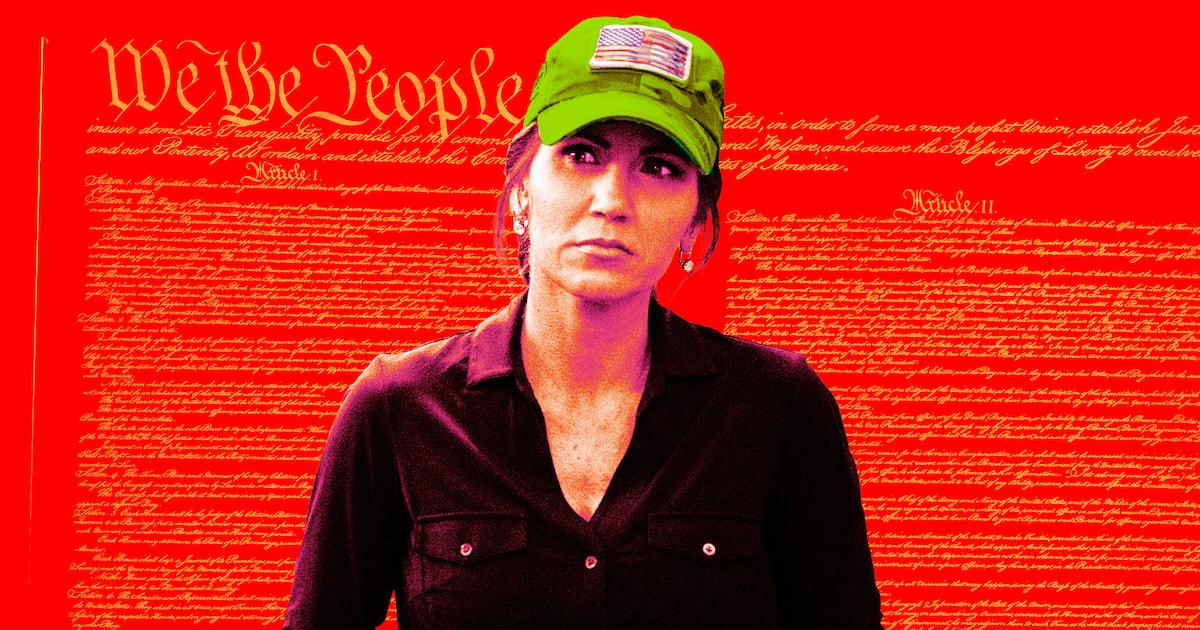If you liked the British version of The Office, you'll enjoy this:
Matt Labash has an all-around excruciating and uncomfortable description of a dinner party hosted by Bill Ayers and Bernadette Dohrn and attended by Andrew Breitbart, Tucker Carlson, Labash himself, and three others:
Apart from shuffling off to the kitchen or catching a few minutes of the game while avoiding awkward conversations about their past, the Weather-hosts couldn’t be nicer. They ask us about our backgrounds, which they already seem familiar with (thanks, Wikipedia!). They plump us with falling-off-the-bone hoisin ribs and fluff us with apple pie and Ameri-Cone Dream ice cream. “This is the bomb, Bill,” says Breitbart, after sampling the farmhouse cheeses. “It has explosive flavor,” I chime in.
The dinner existed for reasons familiar to anyone who has ever participated in a PTA:
Bill and Bernardine had auctioned off a dinner—to be cooked by them—to raise funds for a humanities council.
Of course. The charity auction dinner party! It's one of the familiar features of high-bourgeois life in modern America. The Ayers example though raises in acute form a question I've always had about these events:
Doesn't the Coase theorem predict that they should never happen?
The Coase theorem, in case it's slipped your mind, states that economically efficient transactions should happen regardless of who holds the initial property rights.
A famous Coase example is the following. Consider a railroad that passes through wheat fields. The passing trains let off sparks which can burn the wheat. If the legal rights are on the side of the farmers, then they could require the trains to buy and install spark catchers to eliminate these fires. However, if that is expensive (i.e. more than the value of the burned wheat), the train owners may just pay the farmers for the damage done to the crops. If the legal rights are with the trains, the farmers may just put up with burned crops or (if that is expensive) they could pay the trains to put on spark catchers. Either way, the socially efficient outcome (install spark catchers or burn crops) is what happens and the legal rights just determine who has to pay.
Coase won the Nobel prize for these ideas.
Now here's the question:
The local humanities council approaches Ayers/Dohrn: we'd like to auction off a dinner cooked by the two of you.
Or perhaps it's the Global Poverty Project that asks Rupert Murdoch to auction off a lunch in his company.
Or perhaps it's your PTA asking you to donate the use of your ski chalet for a week to raise money for new playground equipment.
Why don't the targets here just say: "How much do you expect to raise from this dinner/lunch/donation?" Almost invariably, the amount raised is less than the target would pay not to have do what's being asked. Why don't Ayers/Murdoch/the ski chalet donate the money themselves to avoid doing what's asked?
There's a dissertation topic lurking in this question for some aspiring economist.




